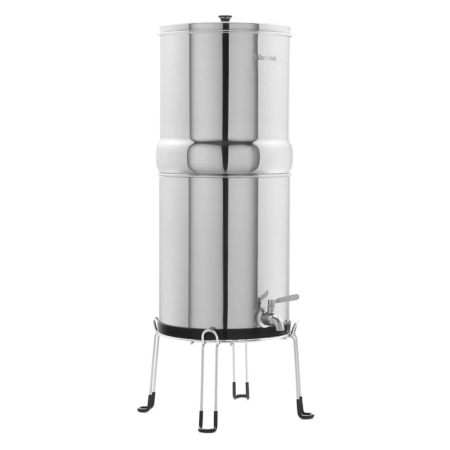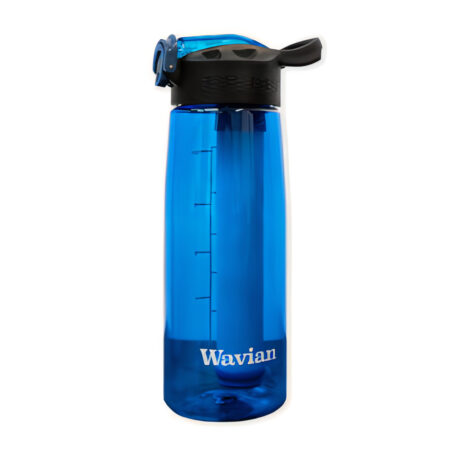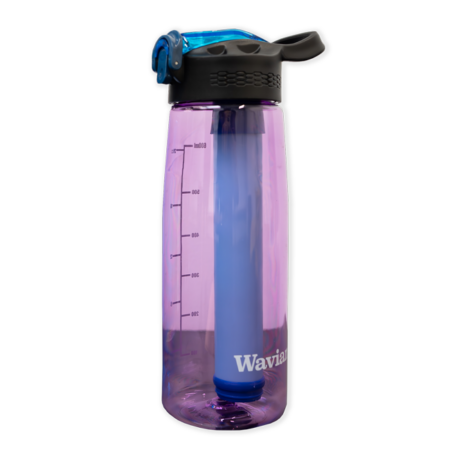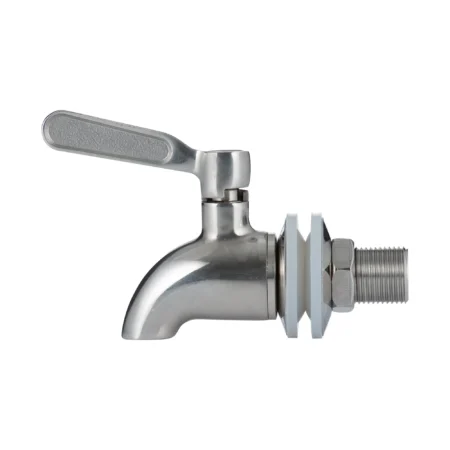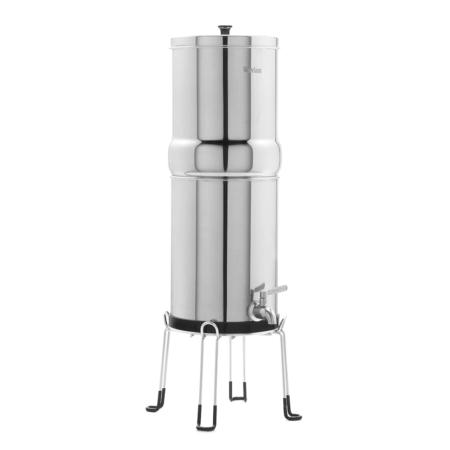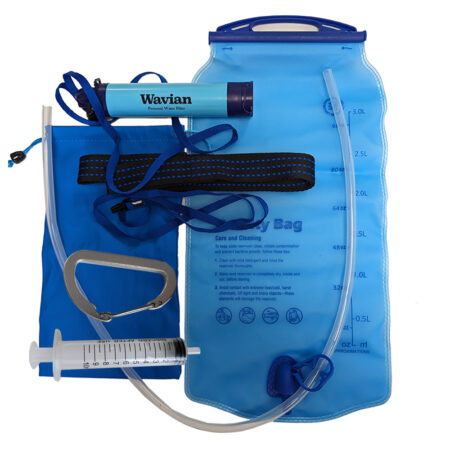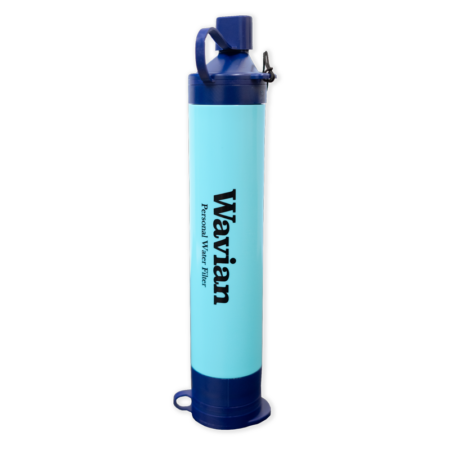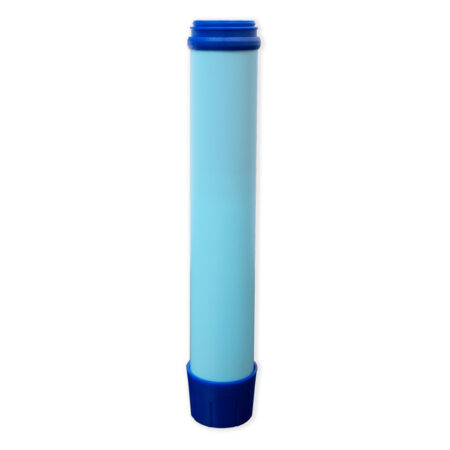Water Filters
What Is A Gravity Water Filter System?
A gravity water filter system is a type of water filtration system that operates without the need for electricity or external pressure. Instead, it relies on the force of gravity to move water through the filtration process.
Here’s how it typically works:
- Water Reservoir: The system consists of two chambers or containers stacked on top of each other. The top chamber holds the untreated water that needs to be filtered.
- Filtration Elements: Inside the top chamber, there are one or more filtration elements such as ceramic filters, activated carbon filters, or other media designed to remove contaminants from the water.
- Gravity Filtration: As water is poured into the top chamber, gravity pulls it downward through the filtration elements. Contaminants are trapped by the filter media, while clean water drips into the lower chamber.
- Collection Chamber: The lower chamber collects the filtered water, which is then ready for consumption or further treatment if necessary.
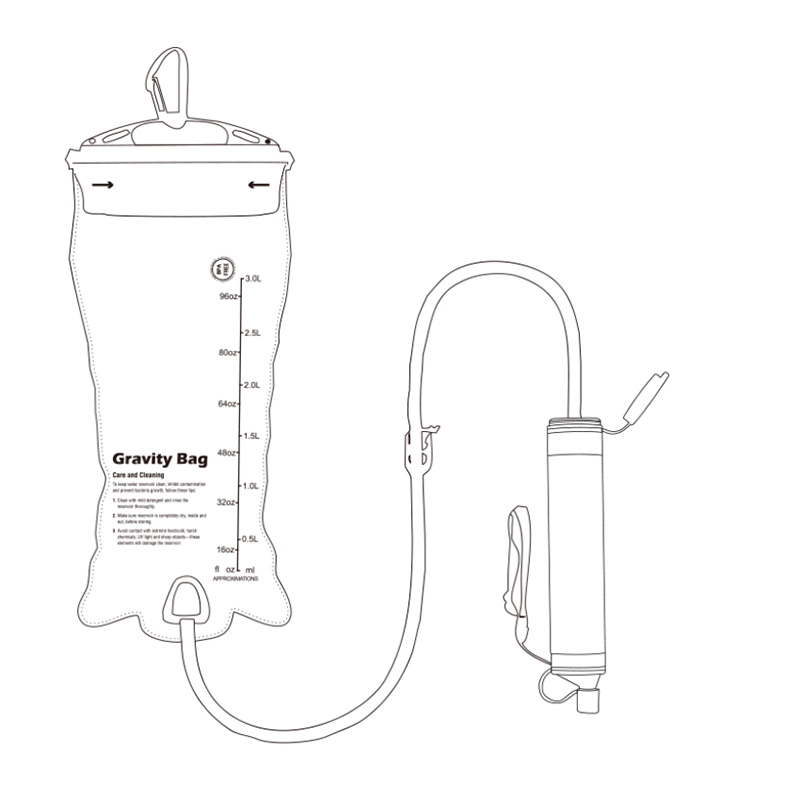
Gravity water filter systems are often used in situations where electricity or pressurised water sources are unavailable, such as during camping trips, emergencies, or in off-grid locations. They provide a simple and effective way to obtain clean drinking water by harnessing the natural force of gravity.
How Do The Water Filters Work?
A gravity water filter system is typically made up of several key components designed to effectively remove contaminants from water. Here’s an overview of the construction and function of a typical gravity water filter:
- Upper Chamber: This is the top container where untreated water is poured into the system. It usually has a lid or opening for easy filling.
- Filtration Elements: Inside the upper chamber, there are one or more filtration elements responsible for removing contaminants from the water. These may include:
- Ceramic Filters: Ceramic filters have tiny pores that physically block particles, bacteria, and protozoa from passing through, effectively removing them from the water.
- Activated Carbon Filters: Activated carbon filters adsorb impurities like chlorine, volatile organic compounds (VOCs), and other chemicals, improving taste and odour.
- Sediment Filters: Sediment filters capture larger particles such as sand, silt, and rust, preventing them from reaching clean water.
- Lower Chamber: This is the bottom container where the filtered water collects. It typically has a spigot or tap for easy access to the clean water.
Now, let’s discuss how a gravity water filter works so effectively:
- Gravity Filtration: When untreated water is poured into the upper chamber, gravity pulls it downward through the filtration elements. As the water passes through these elements, contaminants are physically blocked, adsorbed, or captured by the filter media.
- Multiple Filtration Stages: Gravity water filters often utilize multiple filtration stages to ensure thorough purification. For example, water may first pass through a sediment filter to remove large particles, then through an activated carbon filter to adsorb chemicals, and finally through a ceramic filter to block bacteria and protozoa.
- Natural Filtration Process: Unlike some other filtration methods that rely on electricity or external pressure, gravity water filters operate using a natural and passive process. This simplicity not only makes them suitable for off-grid or emergency situations but also ensures minimal maintenance and long-lasting performance.
Overall, the combination of different filtration elements and the force of gravity working together in a gravity water filter system results in highly effective purification, providing clean and safe drinking water without the need for complex machinery or power sources.
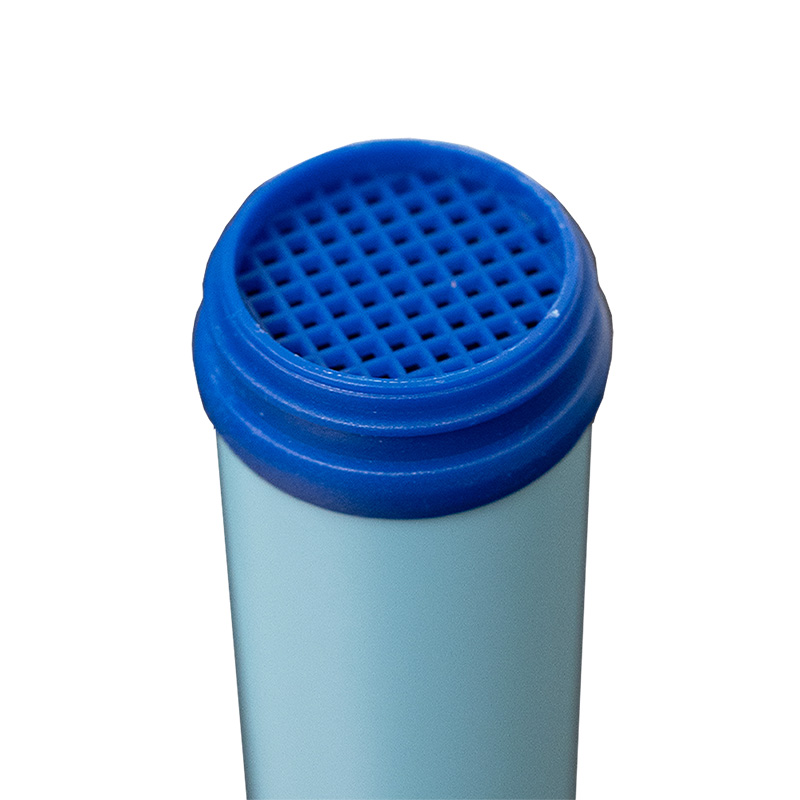
How Long Do The Water Filters Last?
The lifespan of the average filter in a gravity water filter system can vary depending on factors such as the type and quality of the filter, as well as the water quality being filtered. However, in general, most filters have a lifespan ranging from several months to a year or more. It’s essential to follow the manufacturer’s recommendations regarding filter replacement intervals to ensure optimal performance. Typically, filters should be replaced when they become clogged with contaminants or when their filtration capacity diminishes, resulting in a noticeable decline in water flow rate or quality. Regular maintenance and timely filter replacement are crucial for maintaining the effectiveness of the filtration system and ensuring that clean, purified water is consistently available for consumption.
Types Of Water Filter
Carbon and fluoride water filters enhance drinking water quality by removing contaminants such as volatile organic compounds and fluoride ions through specialised filtration media.
Carbon Water Filters
Carbon filters work by using activated carbon, a form of carbon processed to have many tiny pores that increase its surface area. This porous structure allows the carbon to adsorb impurities and contaminants from air or water as they pass through the filter. When substances such as volatile organic compounds (VOCs), chlorine, and other chemicals come into contact with the activated carbon, they are attracted to and held by the carbon’s surface. This process effectively removes unwanted particles and improves the quality and safety of the filtered substance.
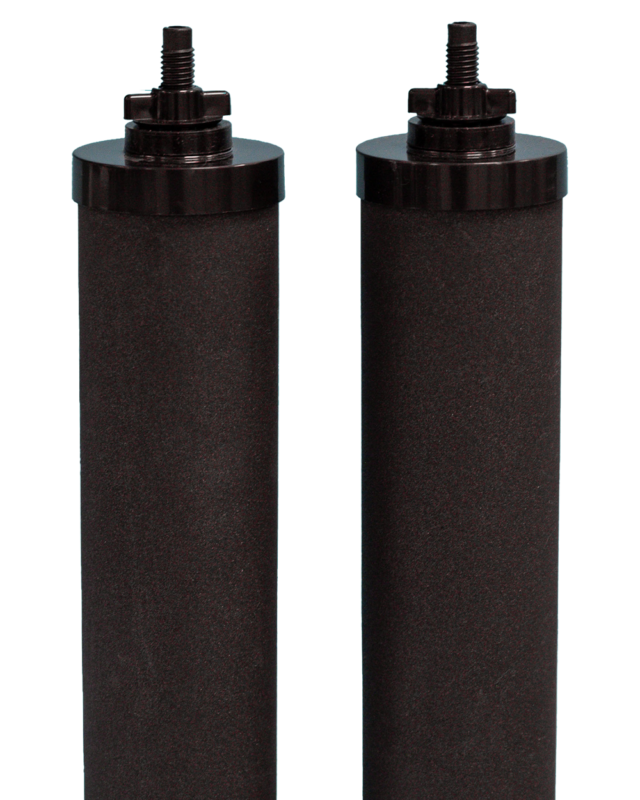
Flurid Water Filter
The Fluoride water filter is designed specifically to remove fluoride from drinking water. It typically uses a specialized medium, such as activated alumina or bone char, which has a high affinity for fluoride ions. As water passes through the filter, fluoride ions are attracted to and captured by the filter material, reducing the concentration of fluoride in the water. This process ensures that the filtered water is safer and more suitable for consumption, particularly in areas where fluoride levels in the water supply are excessively high.
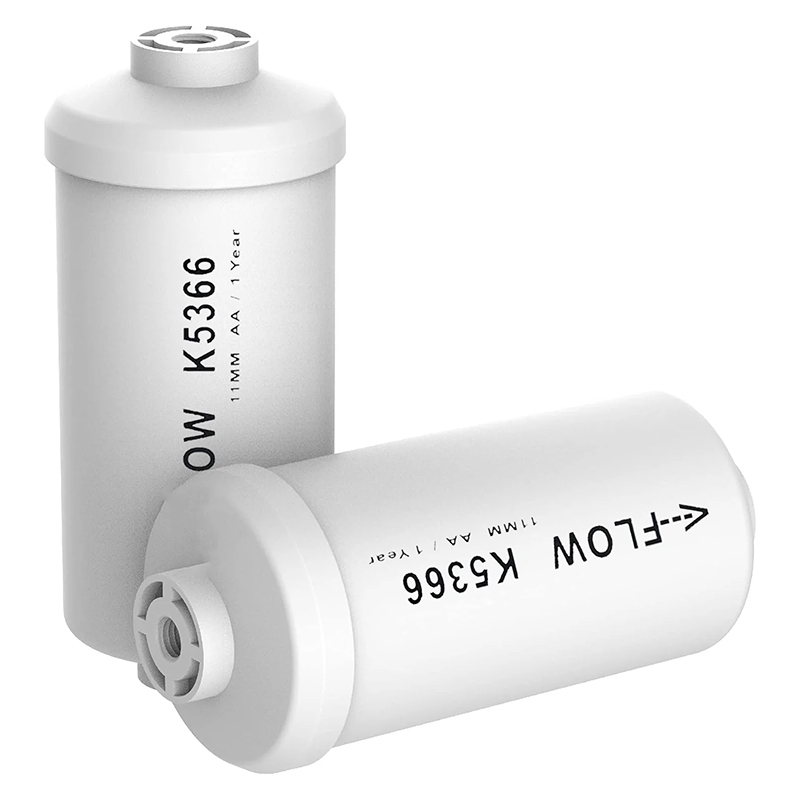
Water Filter Products
-
 Wavian Water Bottle 650ml with Filter (Twin Pack)£33.98 (£40.78 inc VAT)
Wavian Water Bottle 650ml with Filter (Twin Pack)£33.98 (£40.78 inc VAT) -
 14 Litre Stainless Steel Gravity Water Filter with Stand£170.79 (£204.95 inc VAT)
14 Litre Stainless Steel Gravity Water Filter with Stand£170.79 (£204.95 inc VAT) -
 Wavian Water Bottle 650ml with Filter (Blue)£16.99 (£20.39 inc VAT)
Wavian Water Bottle 650ml with Filter (Blue)£16.99 (£20.39 inc VAT) -
 Wavian Water Bottle 650ml with Filter (Purple)£16.99 (£20.39 inc VAT)
Wavian Water Bottle 650ml with Filter (Purple)£16.99 (£20.39 inc VAT) -
 Stainless Steel Replacement Tap for Wavian Water Tank£16.66 (£19.99 inc VAT)
Stainless Steel Replacement Tap for Wavian Water Tank£16.66 (£19.99 inc VAT) -
 7 Litre Stainless Steel Gravity Water Filter (with Stand)£108.33 (£130.00 inc VAT)
7 Litre Stainless Steel Gravity Water Filter (with Stand)£108.33 (£130.00 inc VAT) -
 3 Litre Gravity Straw Filter£23.33 (£28.00 inc VAT)
3 Litre Gravity Straw Filter£23.33 (£28.00 inc VAT) -
 Wavian Water Straw Filter£11.67 (£14.00 inc VAT)
Wavian Water Straw Filter£11.67 (£14.00 inc VAT) -
 Water Bottle Replacement Filter£11.67 (£14.00 inc VAT)
Water Bottle Replacement Filter£11.67 (£14.00 inc VAT)



